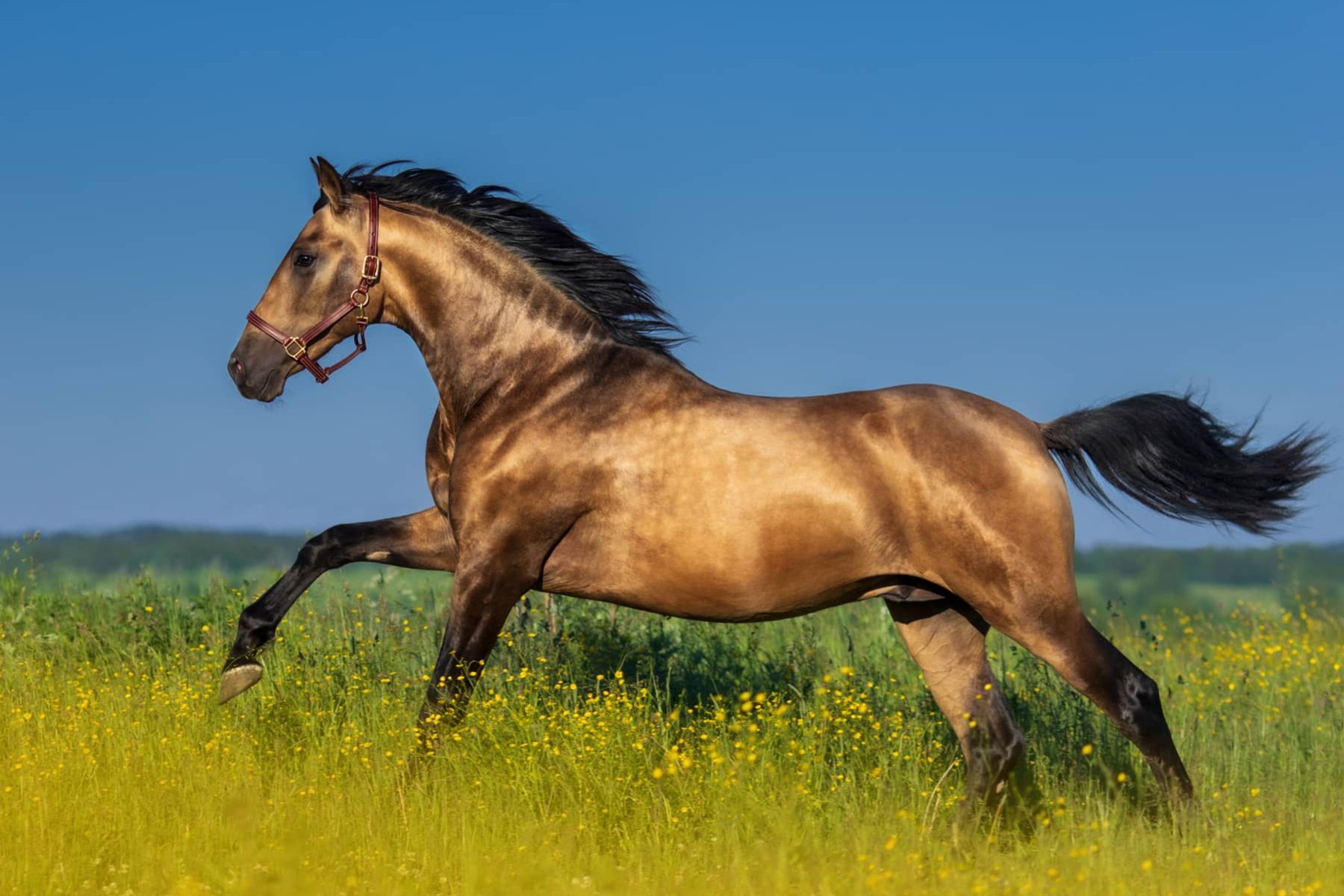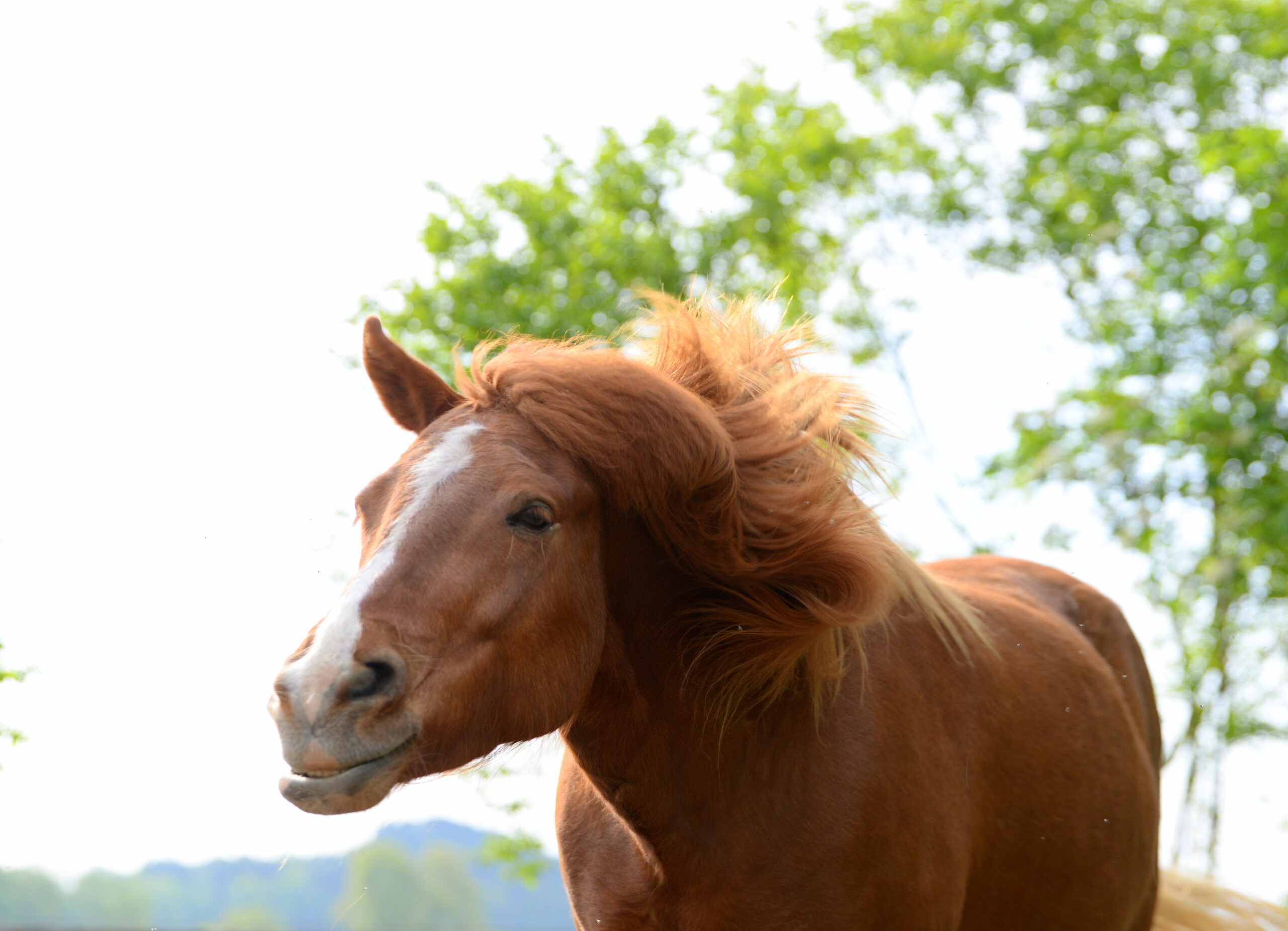
Equilume Supports Multi-Institution Scientific Research Into Headshaking Syndrome

Equilume are providing Light Masks and support for a new study involving several leading veterinary researchers investigating extended daylength using blue light to reduce or eliminate the symptoms of headshaking in horses. There are many causes of headshaking, one of which is trigeminal-mediated headshaking. This is a painful condition of the trigeminal nerve in the face, causing horses to shake their heads violently and show signs of nasal irritation. Signs can be mild up to severe and can make the horse unrideable and significantly affect their quality of life. The condition affects around 1% of the equine population, is more prevalent in geldings and some horses are only seasonally affected.
Equilume Founder and Head of Equine Science at University College Dublin, Dr. Barbara Murphy, is leading the research team in close collaboration with Drs. Veronica Roberts (University of Bristol), Kirstie Pickles (consultant and researcher), Clodagh Kearney (UCD School of Veterinary Medicine) and David Marlin. While the causes of Headshaking Syndrome are not fully understood, one hypothesis that researchers are working on is that the increased release of reproductive hormones from the brain in the spring and summer affects the sensitivity of the trigeminal nerve which runs along the horse’s face. This then makes the horse more sensitive to other triggers such as wind, bright sunshine, dust and pollen that cause the distressing condition. Previous research studies investigating treatments for headshaking have tried to alter the release of these seasonal hormones through vaccination or the administration of melatonin, but without success.
How Equilume Light Masks Will Help in This Study
The availability of the Equilume Light Mask which administers extended daylength via soft blue light from a headpiece to horses has proved successful at manipulating seasonal reproductive activity for breeding stock. It does this through its ability to regulate melatonin release in a natural way. Therefore, by wearing a light mask through the winter months, it is proposed that the surge in reproductive hormones in the spring will be reduced and this may lessen the symptoms of headshaking for seasonally affected horses. A recent preliminary trial using Equilume Light Masks in this way showed positive results. More research is now needed to validate these findings in a larger cohort of horses and with additional specialised expertise provided by this new collaboration between veterinary researchers in Ireland and the UK.
UCD veterinarian Dr Clodagh Kearney said of the collaboration,
“Headshaking is one of the most frustrating conditions equine vets encounter, and it is even more so for the owners of horses suffering from this condition. It is disheartening to not be able to help these horses more and offer truly effective treatment options. This research is therefore an important opportunity to investigate a new non-invasive treatment, which could provide new hope for the management of this condition in certain cases.”
Leading Headshaking researcher and UK veterinary consultant, Dr Kirstie Pickles, said
“It is exciting to be part of this study investigating the use of a light mask for management of headshaking. Current management options are limited, offer only symptomatic treatment rather than treating the inciting cause, and often have restrictions for competing horses. We look forward to working with owners of headshaking horses to explore new avenues of therapy.”
The study which has recruited owners of seasonally affected and veterinary diagnosed headshaking horses from across the UK and Ireland commenced in August 2024, and will run for 12 months before data is analysed and results presented.
Equilume are proud to support ongoing research into important health and welfare conditions for horses.
Want to find out more about how Equilume could help your horse? Contact a member of our team today or shop our products now.
Announcement of the 2024 UK & Ireland trial: UCD and UK researchers collaborate to investigate Equine Headshaking